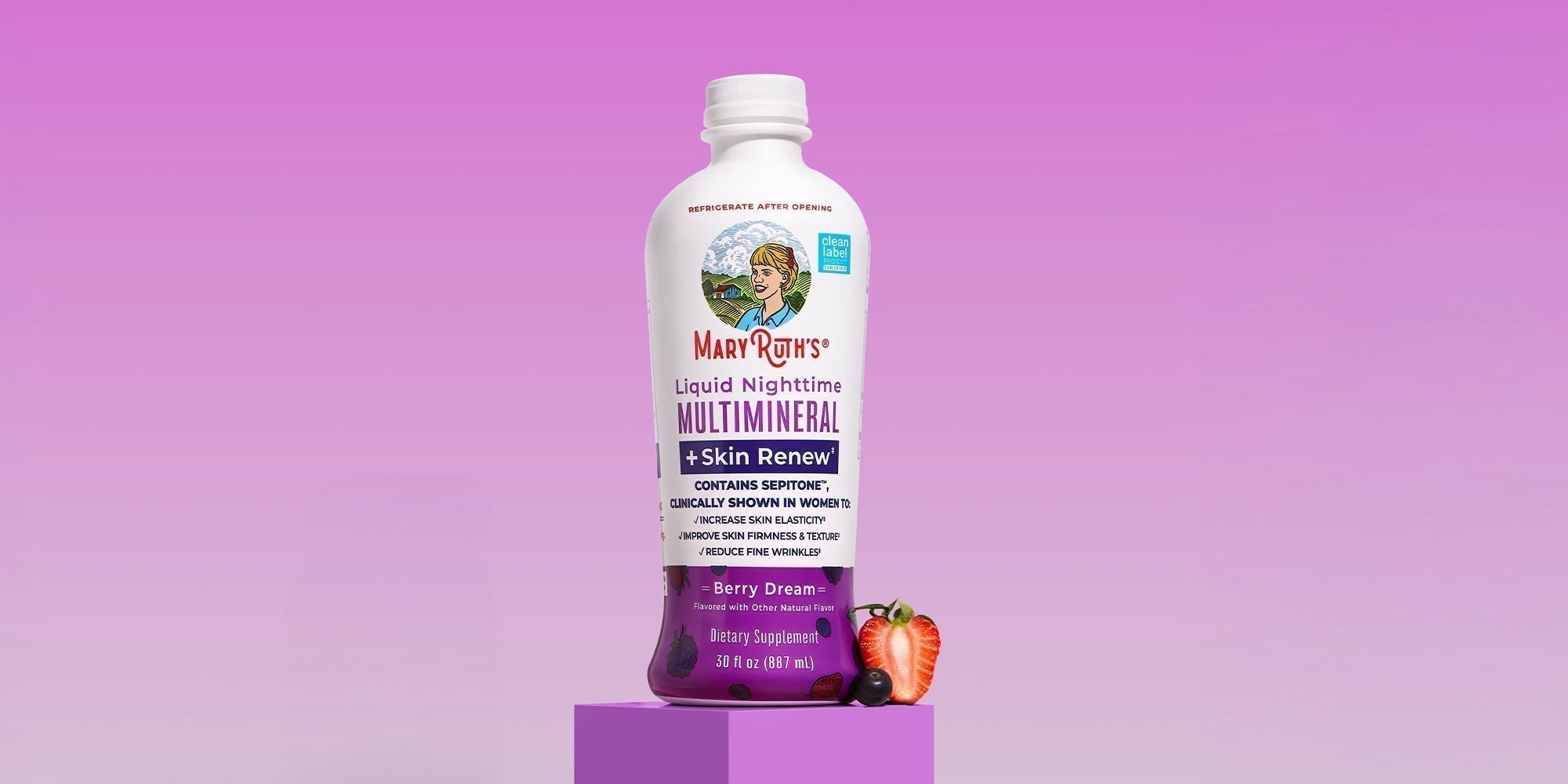With so many different cooking oil options available, it can be hard to decide which one is best for your household. Depending on the food you’re cooking, any allergies, your dietary needs, and for overall health and wellness, some options will be better to choose than others.
Here at MaryRuth’s, we want to help you live a healthy life — and that starts with what you put into your body. We believe that you should try to get all the nutrients your body craves from the food you eat, and that means choosing the healthiest options when possible for your home-cooked meals.
When following a plant-based diet, using plant-based oils is a must. Yet, not all plant-based oils are created equally. One major difference between these oils is whether they are refined or unrefined oils.
What are refined oils?
Refined oils, such as vegetable oil or canola oil, have often been bleached or made with genetically modified corn or other ingredients.
Simply put, refined oils have added chemicals and are not totally naturally occurring. Some additional refined oils that are on the market include soybean oil, corn oils, margarine, and any oil labeled as a hydrogenated oil.
What are unrefined oils?
Unrefined oils are found to be much more nutritious, as they are processed with little to no heat, leaving the oil in its natural state from the plant it’s derived from. These oils have richer, fuller flavors, and more nutritional value than their counterparts.
What to look for in healthy cooking oils?
Another important thing to look for when choosing the healthiest oil options for cooking is the type of fats the oil contains. What you want to look for is less saturated fats and more unsaturated fats — particularly polyunsaturated and monounsaturated fats.
Scientists often praise unsaturated fats for their health benefits. Polyunsaturated fats are found to help lower your LDL cholesterol, and also are known for containing omega-6 and omega-3 fatty acids, which the body cannot produce itself, but are important for many functions.
Let’s take a look at some of the most popular and best options for unrefined plant-based cooking oils on the market, and the benefits of each for your lifestyle and cooking needs.
Avocado Oil
Avocado oil has become a more popular cooking oil option in the past few years, and for good reason. Although this oil can be more expensive than some of its competitors, it has great benefits such as containing both monounsaturated and polyunsaturated fatty acids, as well as vitamin E.
Avocado oil can come in either a refined or unrefined version, though we obviously prefer unrefined as it is the healthier and more nutritious option.
One great thing about avocado oil compared to other unrefined oils is that it has a higher smoke point than most at up to 520 degrees, so it is one of the better options for cooking at high temperatures such as grilling, searing, or roasting.
Sesame Oil
Sesame oil is not only a cooking oil, but a great flavor enhancer for many dishes! Sesame oil, derived from sesame seeds, is often used in Asian and Middle Eastern cuisines. With a smoke point of up to 450 degrees, it’s another great oil for high-temperature cooking.
Sesame oil is available in light sesame oil or toasted sesame oil. Light sesame oil is a lighter color and mostly flavorless, while toasted sesame oil is much darker in color and has a nutty, toasty flavor. Toasted sesame oil is great for cooking, drizzling on dishes, or used in salad dressing, sauces, or marinades.
Sesame oil is rich in both monounsaturated and polyunsaturated fatty acids.
When using sesame oil, make sure to look for a pure (not blended) oil. Cold-pressed sesame oil is the best option if you find it in your local market!
Grapeseed Oil
Grapeseed oil, pressed from the seeds of grapes, is known for its high levels of polyunsaturated and monounsaturated fats, as well as vitamin E.
While some grapeseed oil is processed with chemicals, we only recommended cold-pressed or expeller-pressed grapeseed oil which does not use chemical solvents or high heat during its processing.
Grapeseed oil is best for giving moisture when baking and used in dressings or marinades, since it does not have a high heat tolerance and has a neutral flavor.
Walnut Oil
While walnut oil is clearly not an option for those with nut allergies, walnut oil in its unrefined state is great for a finishing touch on any dish.
Although quite different in flavor, like toasted sesame oil, walnut oil has a distinct taste that can add more flavor overall to any dish you use it with. It also contains omega-3 fatty acids!
With a smoking point of around 320 degrees, this oil is best for low-heat cooking and baking.
Extra Virgin Olive Oil
First, it is important to note that extra virgin olive oil and regular olive oil are not the same. Like the oils we’ve included on this list, extra virgin olive oil is unrefined and in its most natural and nutritious state, while olive oil is a blend of refined and unrefined, including both cold-pressed and processed oils.
Many experts agree that extra virgin olive oil is one of, if not the best, oil to use in your kitchen. It is both quite healthy and versatile, good in baking, cooking, or straight from the bottle as a dressing, marinade, or to dip your favorite bread in! Extra virgin olive oil has a fairly low smoke point, so it's better for low to medium heat cooking.
Extra virgin olive oil also boasts high qualities of monounsaturated fats.
Shop Olive Oil
Like many of the oils we’ve mentioned in this list, it is best to get cold-pressed olive oil, like the Ice Pressed Extra Virgin Olive Oil we offer here at MaryRuth’s. Our unadulterated, unfiltered, raw olive oil is harvested by hand and bottled in small batches for a minimal carbon footprint in Soulinari, Greece by our partners, Rallis Olive Oil.
Which oil is your favorite to use in your favorite recipes? Share your favorite recipes with a healthy unrefined, cold-pressed oil in the comments!





